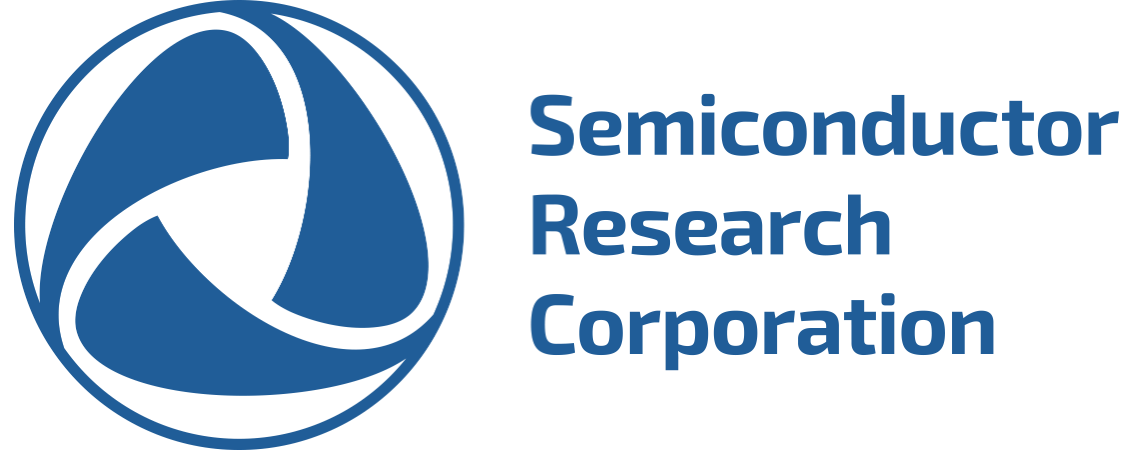
Semiconductor Research Corporation and National Science Foundation Fund Search for New Transistors
New Grants Seek to Power the Future of Global Electronics with Nanoelectronics
Jul 14, 2009

SEMICON WEST 2009, SAN FRANCISCO, Calif.- Semiconductor Research Corporation (SRC), the world's leading university-research consortium for semiconductors and related technologies, today teamed with the National Science Foundation (NSF) to announce funding of $2 million in new supplemental grants for nanoelectronics research.
Researchers at six major NSF centers inside leading U.S. universities will contribute to the goal of finding a replacement for the transistor - the foundational building block of computing technology for decades - and discovering a new digital switching mechanism using nanoelectronics innovation.
During his presentation at Semicon West later today, Dr. Jeff Welser, director of the Nanoelectronics Research Initiative (NRI) for SRC, will express the importance of this research to the semiconductor industry, national competitiveness and the world.
"There is no question semiconductor technology has played a critical role in driving the global economy for the past half century," said Welser. "But the current transistor technology is rapidly reaching its limits, and long-term fundamental research is needed now to be ready for 2020 and beyond. The joint NSF-NRI projects put the country's best minds together for a common goal - finding a new device that will continue our leadership in the nanoelectronics era."
Until recently, manufacturers were able to double the number of transistors on a chip at half the power for each transistor by shrinking them smaller and smaller in each new generation of semiconductor technology. However, it is becoming increasingly difficult to continue decreasing the power needed to turn the device off and on, making it difficult to continue the pace of product innovation from scaling alone.
These investments in nanoelectronics align closely with NSF's support for engineering and scientific research that furthers discovery," said Dr. Lawrence Goldberg, senior engineering advisor at NSF. "We believe these grants, which support graduate students and postdoctoral associates, will create innovative technologies and help find a solution to this significant issue facing the semiconductor industry today."
The joint NSF-NRI supplemental grants were awarded to teams at six NSF centers in nanoelectronics research:
- Network for Computational Nanotechnology, directed by Dr. Mark Lundstrom at Purdue University, working with Kaushik Roy and Supriyo Datta.
- Center for Integrated Nanomechanical Systems (COINS), a Nanoscale Science and Engineering Center, directed by Dr. Alex Zettl at University of California at Berkeley, working with Sayeef Salahuddin and Jeffrey G. Grossman.
- Center for Materials Science and Engineering, a Materials Research Science and Engineering Center, directed by Dr. Michael Rubner at Massachusetts Institute of Technology, working with Caroline Ross and Stuart Wolf (University of Virginia).
- Northwestern University Materials Research Center, a Materials Research Science and Engineering Center, directed by Dr. Monica Olvera de la Cruz at Northwestern University, working with Mark Hersam.
- Center for Advanced Materials Research, a Materials Research Science and Engineering Center, directed by Dr. William Curtin at Brown University, working with Rod Beresford.
- Center for Materials for Information Technology, a Materials Research Science and Engineering Center, directed and led by Dr. William Butler at the University of Alabama.
The NSF-NRI grants are for three years and are, in addition to the 18 grants made to NSF centers over the last three years, expanding and strengthening the commitment to the program.
Companies participating in NRI are GLOBALFOUNDRIES, IBM, Intel Corporation, Micron Technology and Texas Instruments. These companies will assign researchers to collaborate with the university teams. Strong interactions with the NSF-supported centers will be instrumental in NRI reaching its goal of demonstrating the feasibility of novel computing devices in simple computer circuits during the next five to 10 years.
About SRC-NRI
The Nanoelectronics Research Initiative is one of three research program entities of SRC. Celebrating 27 years of collaborative research for the semiconductor industry, SRC defines industry needs, invests in and manages the research that gives its members a competitive advantage in the dynamic global marketplace. Awarded the National Medal of Technology, America's highest recognition for contributions to technology, SRC expands the industry knowledge base and attracts premier students to help innovate and transfer semiconductor technology. For more information, visit http://nri.src.org.
About NSF
The National Science Foundation is an independent federal agency that supports fundamental research and education across all fields of science and engineering. NSF funds research in all 50 states through grants to over 1,700 universities and institutions. Each year, NSF receives about 42,000 competitive requests for funding, and makes over 10,000 new funding awards. For more information, visit http://www.nsf.gov.
NSF Center web sites, for reference:
- Center for Science and Engineering Materials at Caltech -- http://www.csem.caltech.edu/
- Network for Computational Nanotechnology at Purdue University -- http://www.ncn.purdue.edu/
- Center for Electronic Transport in Molecular Nanostructures at Columbia University -- http://www.cise.columbia.edu/NSEC/
- Materials Research Science and Engineering Center at University of Maryland -- http://mrsec.umd.edu/
- Center for Probing the Nanoscale at Stanford University -- http://www.stanford.edu/group/cpn/
- Science of Nanoscale Systems and their Device Applications at Harvard University -- http://nsec.harvard.edu/pages/aboutnsec.htm
MEDIA CONTACT:
Dan Francisco
The Francisco Group for SRC
dan@franciscogrp.com
916-293-9030
Bobbie Mixon
National Science Foundation (NSF)
bmixon@nsf.gov
703-292-8485


